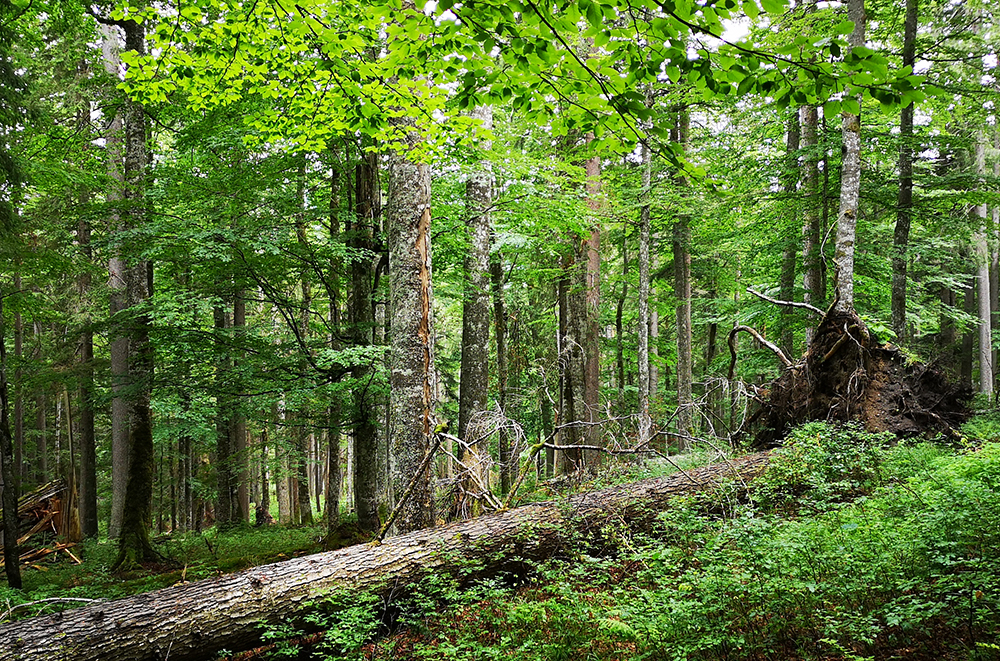Dem grünen Herzen droht ein Infarkt. Insgesamt werden mit den extremen Trockenperioden Waldbrände in den Alpenregionen deutlich zunehmen. Die Flammen zerstören nicht nur wichtigen Baumbestand und CO2-Schlucker, sondern gefährden Häuser, Wirtschaft und Ökosysteme, warnt Dagmar Henner vom Wegener Center für Klima und Globalen Wandel der Universität Graz.
„Häufigere Waldbrände sind ein deutliches Anzeichen des Klimawandels“, betont Henner. Und das Risiko steigt rasant und nachweislich, warnt die Doktorandin. Sie hat – gemeinsam mit Klimaforscher Gottfried Kirchengast – festgestellt, dass die Feuergefahr in vielen Teilen der österreichischen Alpen und des Alpenvorlandes sehr hoch ist. >> Studie im Detail
Die Ereignisse der vergangenen Wochen geben der Wissenschafterin Recht. Insbesondere in Ostösterreich war die Situation im Februar und März brandgefährlich. Buchstäblich.
Der geringe Niederschlag allein setzt den Bäumen schon zu. So werden diese zur leichten Beute für den Borkenkäfer, der sich dank des üppigen Nahrungsangebots kräftig vermehrt und in Folge die Pflanzenriesen umbringt. Diese brennen dann wie Zunder.
Feuchtere Phasen wie Anfang Juni können den Wasserhaushalt der Wälder etwas ausgleichen, die angespannte Lage aber auch verschlimmern. Insbesondere Starkregen schwemmt die wertvolle Humusschicht weg. Wurde diese zuvor schon durch einen Brand in Mitleidenschaft gezogen, rinnt dann auch noch der letzte Rest davon, skizziert Henner. Die Konsequenz: Hänge rutschen ab. Der Schutz vor Lawinen geht verloren. Überschwemmungen nehmen zu.
Ein Teufelskreis? Vielmehr ein Systemkollaps. „Wir sehen am Beispiel Wald, wie sehr alles zusammenhängt, wie eng das Leben von Mensch und Natur miteinander verknüpft ist.“
Die Zerstörung schafft zugleich die Chance für Aufforstung. Klimafittere Bäume ersetzen Monokulturen aus Fichten und bilden einen gesünderen Mischwald. Henner: „Damit lassen sich die Humusschicht und die Konzentration von Kohlenstoff, der die Struktur im Boden beeinflusst, verbessern. Dadurch kann mehr Wasser aufgenommen und gespeichert werden.“ Der Haken: Das Ergebnis, ein optimiertes System Wald, wird frühestens in 20 Jahren sichtbar und wirksam.
Henner appelliert daher an alle Verantwortlichen: „Noch können wir den Wald stärken. Wir müssen aber jetzt handeln!“
